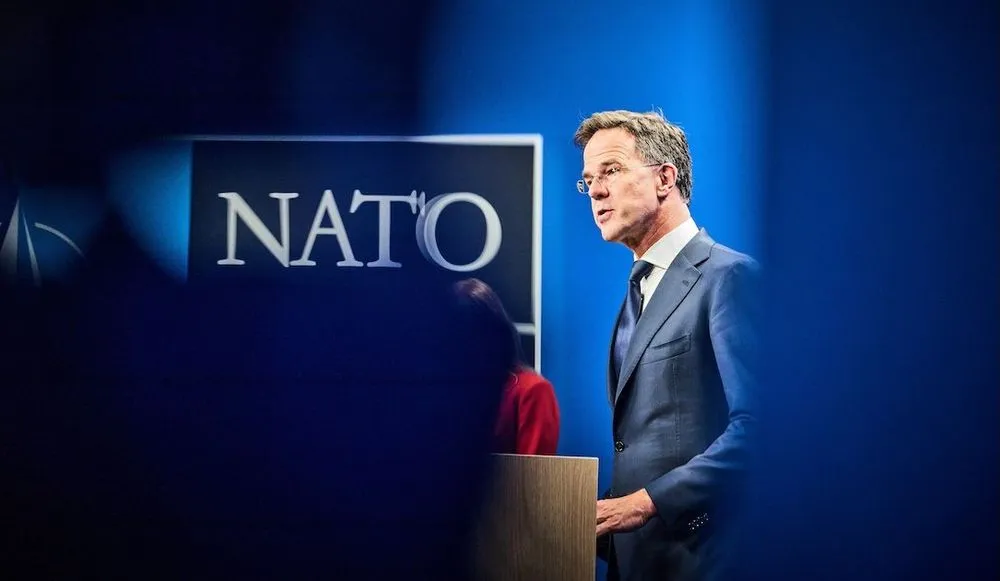NATO Summit in The Hague hit by potential sabotage as rail cables set on fire
Trains have been cancelled between Amsterdam and The Hague following a potential act of sabotage intended to disrupt the NATO Summit taking place this week.
The summit, being held in The Hague on Tuesday and Wednesday, has been described as “the largest logistics and security operation the Netherlands has ever seen” by the Dutch police, explaining that more than 45 world leaders and national delegations in attendance — with highways also shut down for security purposes.
Many of the delegations attending the summit were expected to fly into Schiphol airport this morning, however a fire involving nearly 30 track cables early on Tuesday morning has caused “considerable damage” and led to the cancellation of all rail travel between the airport and The Hague. A fix is not expected until Tuesday evening.
Speaking to NATO’s internal media service on Tuesday morning, the Dutch caretaker justice minister David van Weel — formerly NATO’s assistant secretary general for emerging security challenges — said the fire “could be sabotage.”
“Then the question is who was behind it. It could be activist groups, it could be state actor led, it can be any kind,” said van Weel.
The Netherlands has brought in thousands of police to guard the summit, around 27,000 officers — equivalent to around half of all staff in the country — alongside military personnel. It takes place at a moment of heightened geopolitical tensions, with the ongoing wars in Ukraine and Gaza and between Israel and Iran.
“The main thing we’re trying to do now is make sure that those cables get repaired and that we get the traffic flowing because in combination with the summit where we’ve closed down highways, and people rely on public transport a lot more, of course is this an extra nuisance and challenge, but we’ll fix it,” said Van Weel.
At the same time, pro-Russian hacktivist groups claimed to have launched DDoS attacks targeting organizations linked to the summit.
Last year, France’s high-speed railway was hit by coordinated “malicious acts” hours before the opening ceremony of the Olympic Games. A series of sabotage activities, including arson, affected lines to the west, north and east of Paris.
Earlier that year, NATO allies and European Union member states made a series of allegations about Russian hybrid operations targeting their countries, prompting both the alliance and the bloc to formally condemn the Kremlin’s conduct.
The North Atlantic Council, NATO’s political executive, announced that allies were “deeply concerned about recent malign activities on Allied territory, including those resulting in the investigation and charging of multiple individuals in connection with hostile state activity.”
A range of activities have come to light following counterintelligence efforts in Czechia, Estonia, Germany, Latvia, Lithuania, Poland and the United Kingdom. NATO described these as “part of an intensifying campaign of activities which Russia continues to carry out across the Euro-Atlantic area, including on Alliance territory and through proxies.”
Alexander Martin
is the UK Editor for Recorded Future News. He was previously a technology reporter for Sky News and a fellow at the European Cyber Conflict Research Initiative, now Virtual Routes. He can be reached securely using Signal on: AlexanderMartin.79



